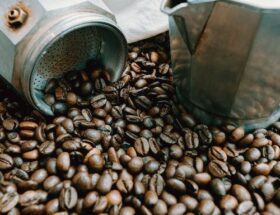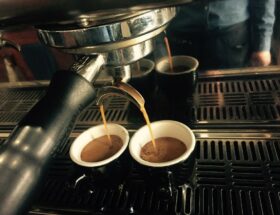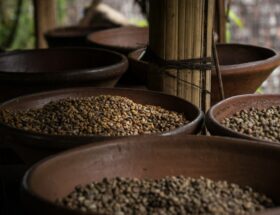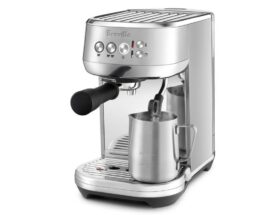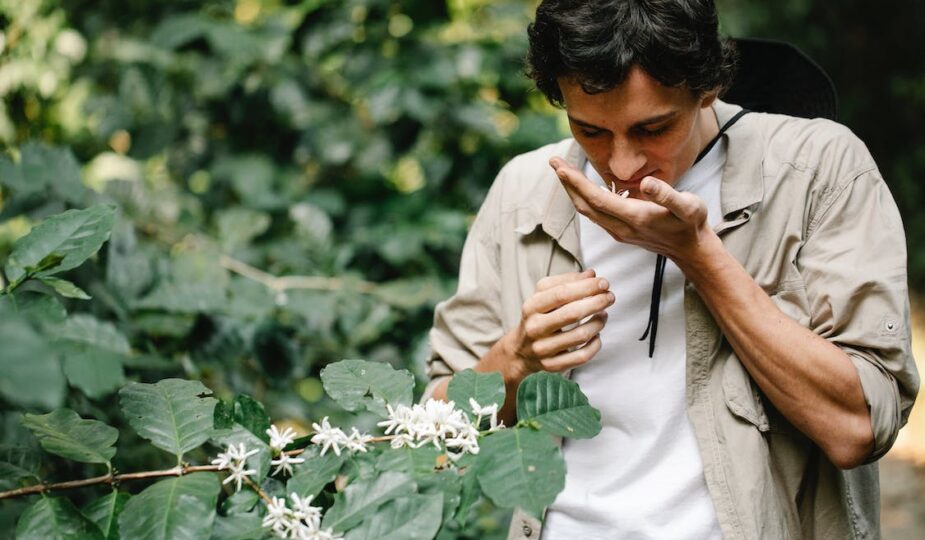
Discover the secret to sweeter coffee and say goodbye to bitter brews!
Are you tired of your morning coffee being bitter? Are you searching for that perfect cup of coffee that satisfies your taste buds with a touch of sweetness? If so, you’re not alone. Many coffee lovers are on a quest to find a less bitter brew that still provides that delightful kick of caffeine we all crave. In this blog post, we’ll explore different strategies to seek out sweeter coffee, as we compare various methods and ingredients that can help reduce the bitter taste. So grab your favorite mug and get ready to embark on a flavorful journey to find the perfect cup of less bitter coffee.
Table of Contents
Understanding the Bitterness in Coffee
Coffee is a beloved beverage enjoyed by millions worldwide, but its inherent bitterness can be off-putting for some. Understanding the factors that contribute to bitter coffee can help you make informed choices to seek a sweeter cup.
1. Roasting Process
The roasting process plays a crucial role in bringing out the flavors in coffee beans. Darker roasts, such as French or Italian roast, tend to be more bitter due to prolonged exposure to heat. On the other hand, lighter roasts retain more of the bean’s natural sweetness, resulting in a milder taste profile.
2. Brewing Method
The brewing method you choose can significantly impact the bitterness of your coffee. The most common brewing methods include drip coffee, French press, and espresso-at-home”>espresso-at-home”>espresso-at-home”>espresso. Drip coffee often produces a milder flavor, while French press and espresso extraction methods may yield a more robust and bitter taste.
3. Coffee Beans Origin
The origin of the coffee beans also affects the final taste of your brew. Some regions, such as Central America or Africa, produce beans known for their fruity or floral notes, which can balance out the bitterness. Other regions, like Southeast Asia, may have more earthy or nutty flavors that intensify the bitterness in coffee.
4. Coffee Grinding
The grind size of your coffee beans can impact the extraction process and subsequently the bitterness of your brew. Finely ground coffee tends to extract more quickly and may result in a stronger, more bitter taste. Coarser grinds, on the other hand, generally produce a milder and sweeter cup.
5. Water Quality and Temperature
Undesirable flavors in water can also contribute to the bitterness in coffee. Using high-quality filtered water can help mitigate any negative taste. Additionally, the water temperature during brewing should be carefully controlled. Brewing at too high a temperature can extract undesirable compounds and increase bitterness.
Strategies for Achieving a Sweeter Cup
Now that you have a better understanding of the factors influencing bitterness in coffee, let’s explore some strategies to enjoy a sweeter cup:
1. Choose Lighter Roasts
Opt for lighter roasts to maximize the natural sweetness of coffee beans. Look for words like “light roast” or “medium roast” on coffee packaging or ask your local barista for recommendations.
2. Experiment with Brewing Methods
Try different brewing methods to find the one that suits your taste preferences. You might find that a pour-over or AeroPress brew gives you a smoother and sweeter cup compared to an espresso or French press.
3. Explore Specialty Single-Origin Coffees
Single-origin coffees are known for their distinct flavors and can offer a sweeter alternative. Experiment with beans from different regions to find the flavor profiles that resonate with you.
4. Grind Your Coffee Fresh
Invest in a good grinder and grind your coffee beans just before brewing. This ensures maximum freshness and control over the grind size, allowing you to adjust for a sweeter taste.
5. Pay Attention to Water Quality
Use filtered water that doesn’t have any undesirable tastes or odors. Optimal water temperature is generally around 195-205°F (90-96°C) for achieving a balance between extraction and minimizing bitterness.
Frequently Asked Questions About Seeking Sweeter Coffee
1. Why is coffee sometimes bitter?
There are several factors that can contribute to the bitterness of coffee. One of the main reasons is overextraction, which occurs when the coffee grounds are in contact with hot water for too long. This can lead to the release of bitter compounds in the coffee. Additionally, the type of coffee bean, the roast level, and brewing methods can also affect the bitterness of the final cup.
2. How can I make my coffee less bitter?
There are a few ways to make your coffee less bitter:
- Try using a coarser grind size when brewing your coffee. This can help to decrease the overall extraction and reduce bitterness.
- Experiment with different brewing methods. Some methods, like pour-over or French press, may result in a less bitter cup compared to others.
- Adjust the water temperature. Coffee brewed with water that’s too hot can often taste more bitter. Aim for a water temperature between 195°F and 205°F.
- Consider choosing coffee beans that are known for their sweetness. Certain varieties or blends may naturally have a sweeter flavor profile.
- Finally, you can also try adding a small pinch of salt to your coffee. This might sound strange, but salt can help to counteract the bitterness and enhance other flavors in the coffee.
3. Are there any alternative sweeteners for coffee?
Absolutely! If you’re looking to add sweetness to your coffee without using regular sugar, here are a few alternatives to consider:
- Stevia: This natural sweetener is derived from the stevia plant and is known for being very low in calories.
- Agave syrup: Made from the agave plant, this sweetener has a mild, honey-like flavor and blends well with coffee.
- Maple syrup: Although traditionally used on pancakes, a small drizzle of pure maple syrup can add a touch of sweetness to your coffee.
- Coconut sugar: This unrefined sugar alternative is made from the sap of coconut palm trees and has a rich, caramel-like flavor.
- Honey: A classic sweetener, honey can lend a unique flavor to your coffee. Just be sure to stir well to fully incorporate.
4. Can the brewing time affect the sweetness of coffee?
Yes, the brewing time can indeed impact the sweetness of your coffee. Over-extracted coffee, resulting from a long brewing time, tends to bring out more bitterness. On the other hand, under-extracted coffee, brewed too quickly, might lack in sweetness. Finding the right balance and following the recommended brewing time for your chosen coffee beans can help you achieve a sweeter cup of coffee.
Conclusion
Uncover the true essence of your coffee by utilizing the proper Coffee Method. Remember how every coffee journey initiates – with that fresh, rich aroma that signals the start of a brand new day. Don’t let your mugs be stained with bitter disappointment. Instead, let every sip be your personal escape to that long-lost coffee plantation from where your coffee originated.
Now, imagine sharing this divine experience with the rest of our coffee-loving community. So, don’t shy away! We want to know: Have you discovered a new method to brew your coffee sweeter? Do you have any brewing secrets you swear by? Feel free to leave a comment below.
Perk up your coffee game today. Together, let’s say goodbye to those bitter brews and hello to full-bodied, heavenly cups of coffee!
To learn more about our different brewing methods, visit Ten Coffees.

